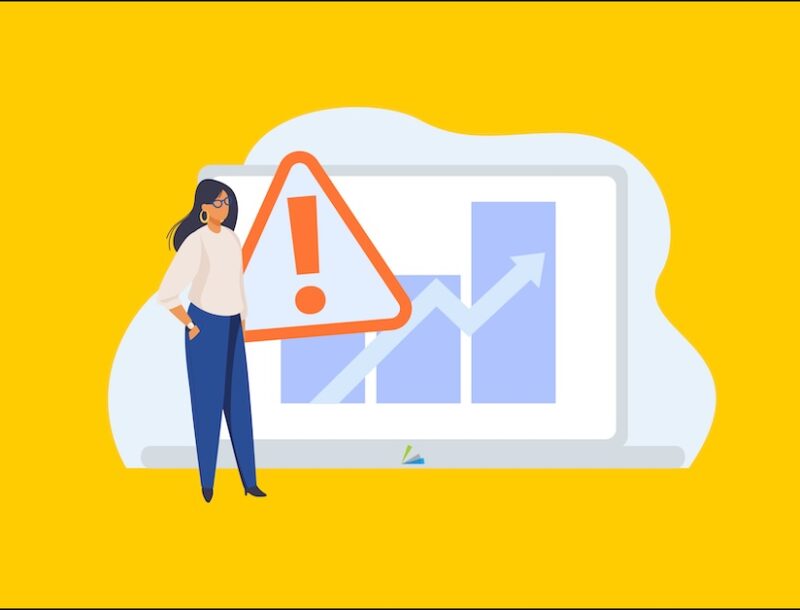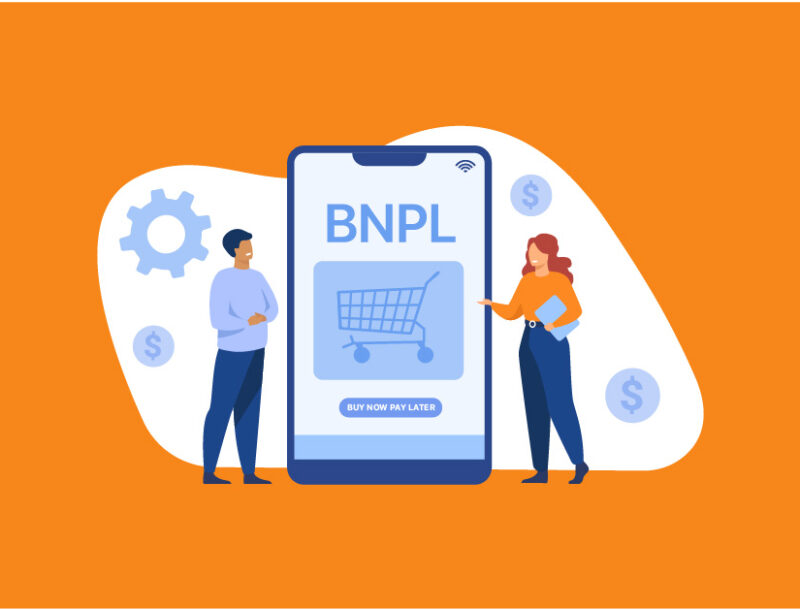Buy Now, Pay Later Compliance: What You Need to Know

Ensuring marketing compliance and consumer protection in today’s regulatory environment is critical for Buy Now, Pay Later lenders.
In this blog post, we’ll cover the basics of BNPL compliance, why it’s important, and how to mitigate compliance risk across consumer marketing channels
Table of Contents
- What types of BNPL compliance violations are the regulators looking for?
- What are the merchant monitoring responsibilities for BNPL compliance?
- What regulations impact BNPL compliance?
- How can lenders stay up-to-date on the latest BNPL compliance requirements and changes in the industry?
- Who oversees BNPL compliance?
- PerformLine: The Trusted Platform for BNPL Compliance
What types of BNPL compliance violations are the regulators looking for?
Regulators are typically looking for BNPL companies to comply with consumer protection laws and regulations, including those related to transparency in pricing, responsible lending, and fair debt collection practices.
Some specific violations that regulators may be looking for include misleading advertising, failure to disclose fees and terms, high default rates, and aggressive debt collection practices.
What are the merchant monitoring responsibilities for BNPL compliance?
BNPL lenders have several merchant monitoring responsibilities, including:
- Ensuring that the merchants they work with are legitimate businesses with appropriate licenses and registrations
- Ensuring that merchants are selling what they were approved to sell
- Conducting due diligence on merchants to assess their financial stability and risk threshold
- Monitoring the performance of merchants to ensure they are meeting their obligations
- Ensuring that merchants are adhering regulations when marketing to consumers
- Investigating and addressing any complaints or concerns raised by customers about merchants
- Taking appropriate action against merchants that violate their agreements
What regulations impact BNPL compliance?
Some of the key regulations that impact BNPL lenders include:
- Consumer protection laws, such as the Truth in Lending Act (TILA) and Unfair, Deceptive, or Abusive Acts or Practices (UDAAP)
- Fair lending laws, such as the Equal Credit Opportunity Act (ECOA)
- State lending laws, which vary by state but include licensing and disclosure requirements for lenders
In May of 2024, the Consumer Financial Protection Bureau (CFPB) issued an interpretive rule that classifies Buy Now, Pay Later (BNPL) lenders as credit card providers, thereby requiring them to offer the same consumer protections under TILA. This includes the right for consumers to dispute charges, get refunds for returned products or cancelled services, and receive periodic billing statements of their purchases.
How can lenders stay up-to-date on the latest BNPL compliance requirements and changes in the industry?
BNPL lenders stay up-to-date on the latest regulatory compliance requirements and changes in the industry by:
- Hiring a compliance team that’s responsible for keeping up with regulatory developments and ensuring compliance across the company
- Participating in industry associations or attending webinars with industry experts
- Monitoring regulatory agencies and news sources for the latest updates
- Seek legal advice from attorneys who specialize in regulatory compliance
- Subscribing to PerformLine for the latest BNPL compliance industry news, updates, and resources
Who oversees BNPL compliance?
BNPL lenders are regulated by various government agencies, including the Consumer Financial Protection Bureau (CFPB) and the Federal Trade Commission (FTC), and State Attorneys General in the United States, and the Financial Conduct Authority (FCA) in the United Kingdom.
PerformLine: The Trusted Platform for BNPL Compliance
PerformLine’s omni-channel compliance monitoring solution was built to automate the monitoring and remediation of regulatory and brand compliance violations, on all internal and external channels including web, messaging, calls, email, documents, and social media. Our turn-key industry rulebooks are built on years of experience working with regulators and industry clients.
Speak to one of our experts today to learn more about mitigating risk and ensuring brand safety.


